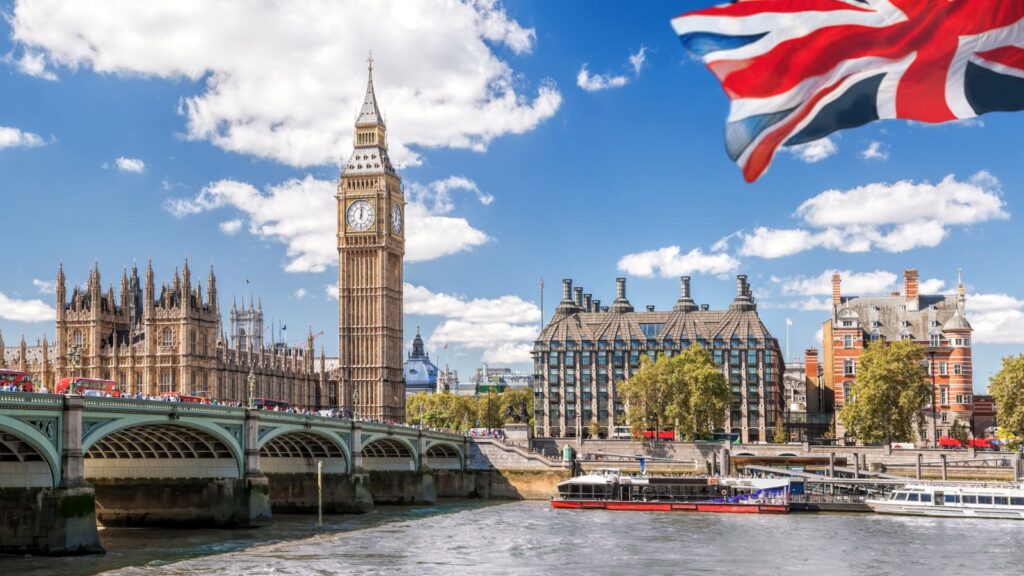There’s been a lot of chatter about the influence of ‘woke’ culture on everyday lives recently, and some argue that it’s just the natural evolution of society; others believe it’s challenging some of the core values that have long defined Britain. Here’s a look at 21 traditional British values that many feel are at risk in today’s increasingly ‘woke’ lifestyle.
Freedom of Speech

“Freedom of speech is the right to seek, receive and impart information and ideas of all kinds, by any means,” says Amnesty International. It’s always been a cornerstone of British society, allowing individuals to express their opinions openly and without fear, however, in today’s climate, many feel that this freedom is under threat.
Respect for Tradition
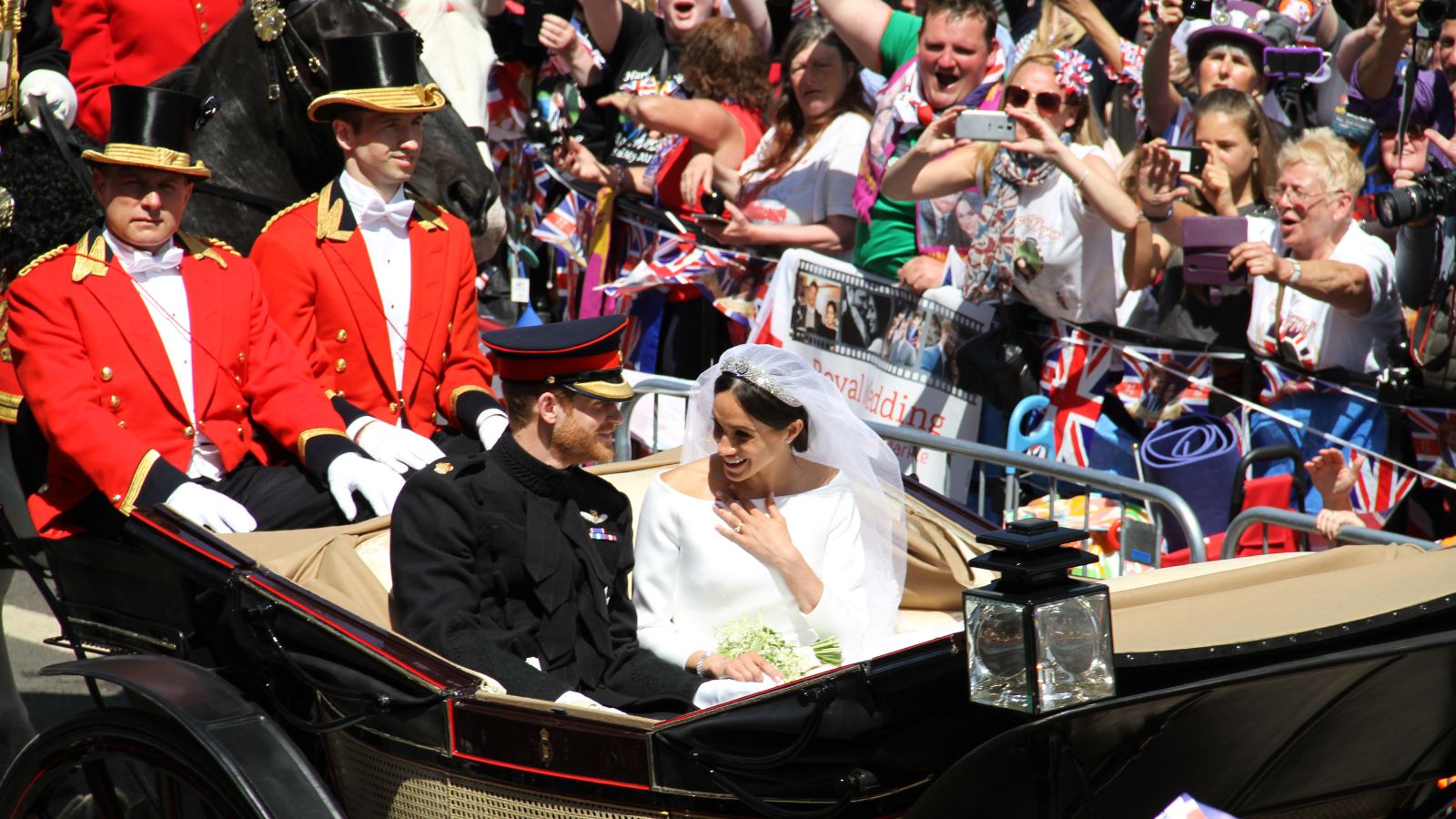
Britain is a nation rich in history and tradition, from its centuries-old monarchy to its unique customs and ceremonies. Yet, there’s a growing push to abandon these traditions in favour of more modern and progressive ideas, and critics argue that this undermines the nation’s heritage.
Rule of Law

The rule of law is fundamental to maintaining order and justice in society. Recently, however, there have been debates over whether certain laws should be changed or disregarded to fit contemporary ideologies, and this creates a slippery slope where the objective application of law can be seen as secondary to political or social agendas.
Personal Responsibility

Personal responsibility is about being accountable for your own actions and decisions. In the current climate, there’s a perception that people are increasingly looking to external factors to explain personal failures or missteps, and this shift away from individual accountability towards blaming systemic issues can dilute the value of personal responsibility.
Freedom of Religion
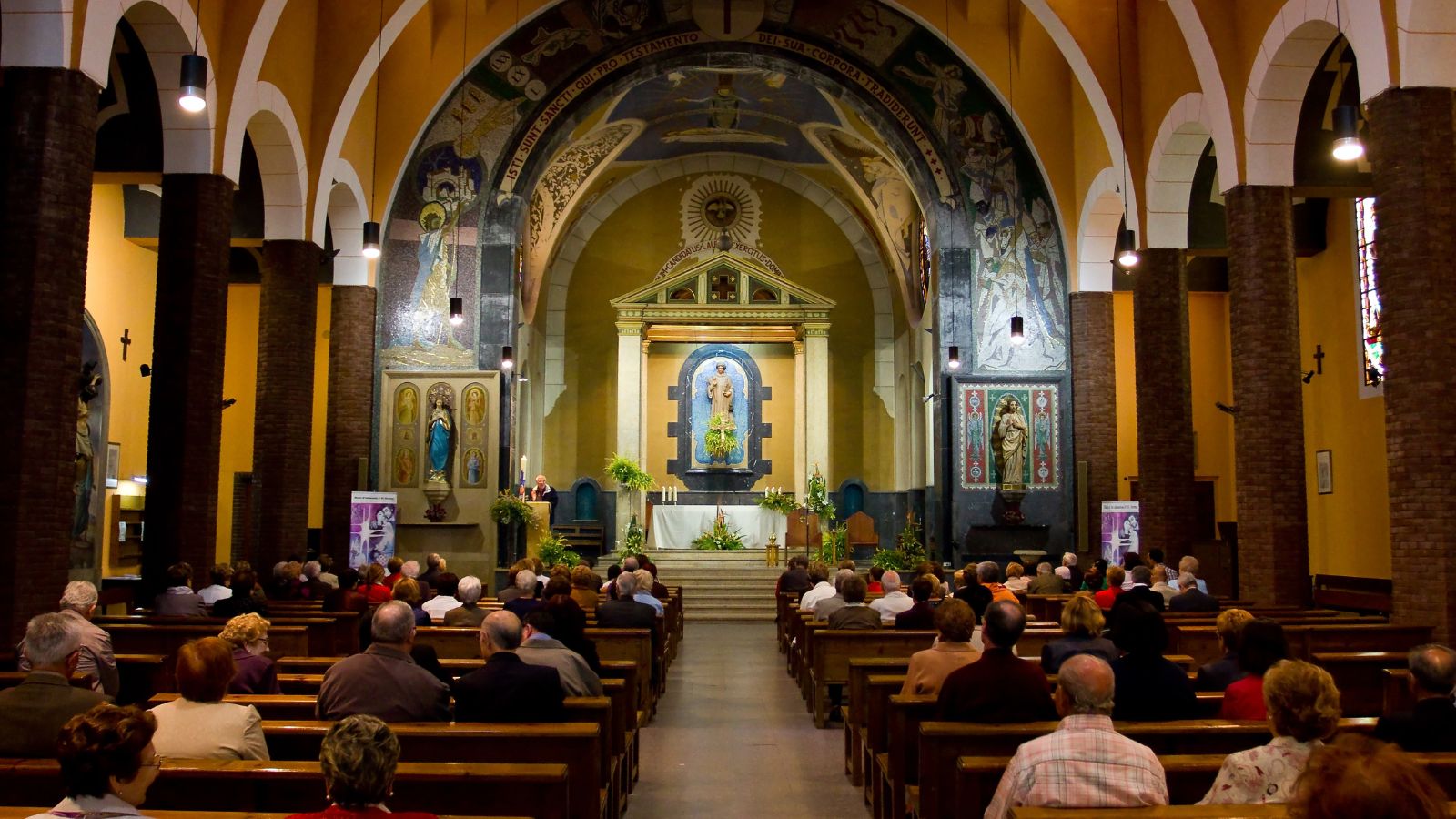
The freedom to practise your religion without persecution has long been a valued aspect of British society, yet today, there is a delicate balance between respecting religious diversity and accommodating secular and progressive viewpoints. Some feel that this balance is tipping, with religious beliefs being sidelined or even criticised in the name of social progress.
Respect for Authority

Whether it’s for the police, educators, or government officials, respect for authority has been crucial in maintaining societal order. In recent times, there’s a growing sentiment of distrust and disrespect towards authority figures, and this breakdown of respect can lead to increased conflicts.
Community Spirit
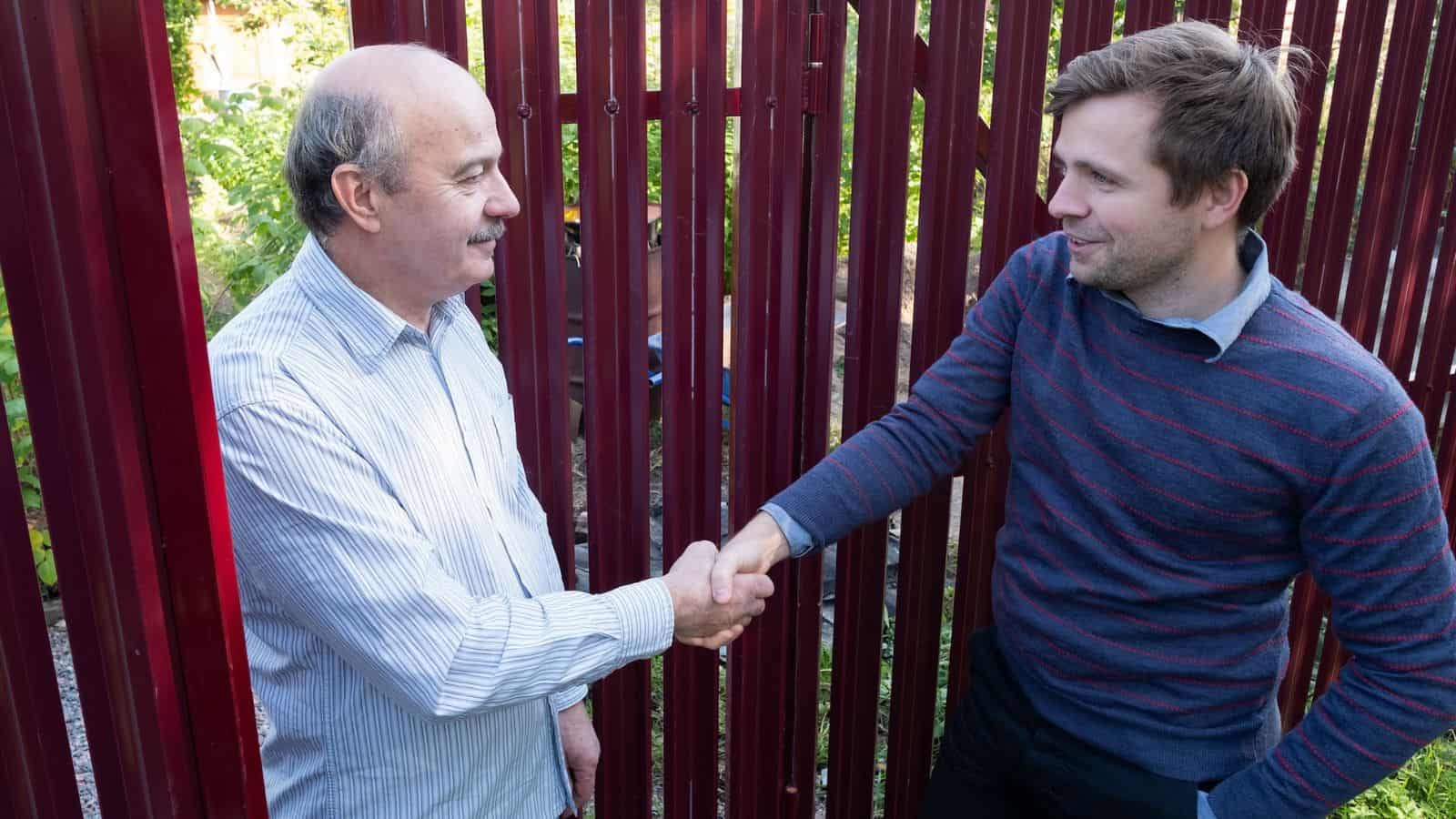
Community spirit, where neighbours look out for each other and local bonds are strong, has always been a cherished aspect of British life; however, the rise of individualism and the emphasis on personal identity over collective identity are seen by some as weakening this community spirit. When people are more focused on their own needs and rights, the sense of belonging and mutual support within communities can diminish.
Tolerance

A hallmark of life in the UK, tolerance has allowed diverse groups to live together peacefully, yet, the very concept of tolerance is being redefined. There’s a growing perception that tolerance now means accepting only those viewpoints that align with the prevailing progressive agenda, while dissenting opinions are often labelled as intolerant.
Fair Play

The principle of fair play emphasises honesty and fairness in all interactions. Today, many argue that this principle is being overshadowed by a culture of winning at all costs, whether in politics, business, or social movements. The focus on achieving desired outcomes sometimes undermines the fairness and integrity that should guide our actions.
Equality Before the Law

Ensuring that everyone is treated the same, regardless of their background, equality before the law has been contested in recent years, as there’s been a push for laws and policies to give special treatment to certain groups in the name of correcting historical injustices. While well-intentioned, this approach can create a sense of inequality, as different standards are applied to different people.
Common Sense

Common sense, the practical and straightforward way of thinking, seems to be in decline. There’s a perception that overly complicated theories and ideologies are replacing simple, pragmatic approaches to everyday problems, and such a shift can make it harder for people to get through life’s challenges.
British Humour

British humour, known for its wit, irony, and sometimes irreverence, is a beloved part of the national identity, nevertheless the rise of ‘woke’ culture has made certain types of humour more controversial. Jokes that once might have been seen as harmless fun are now scrutinised for potential offence.
Love of Country
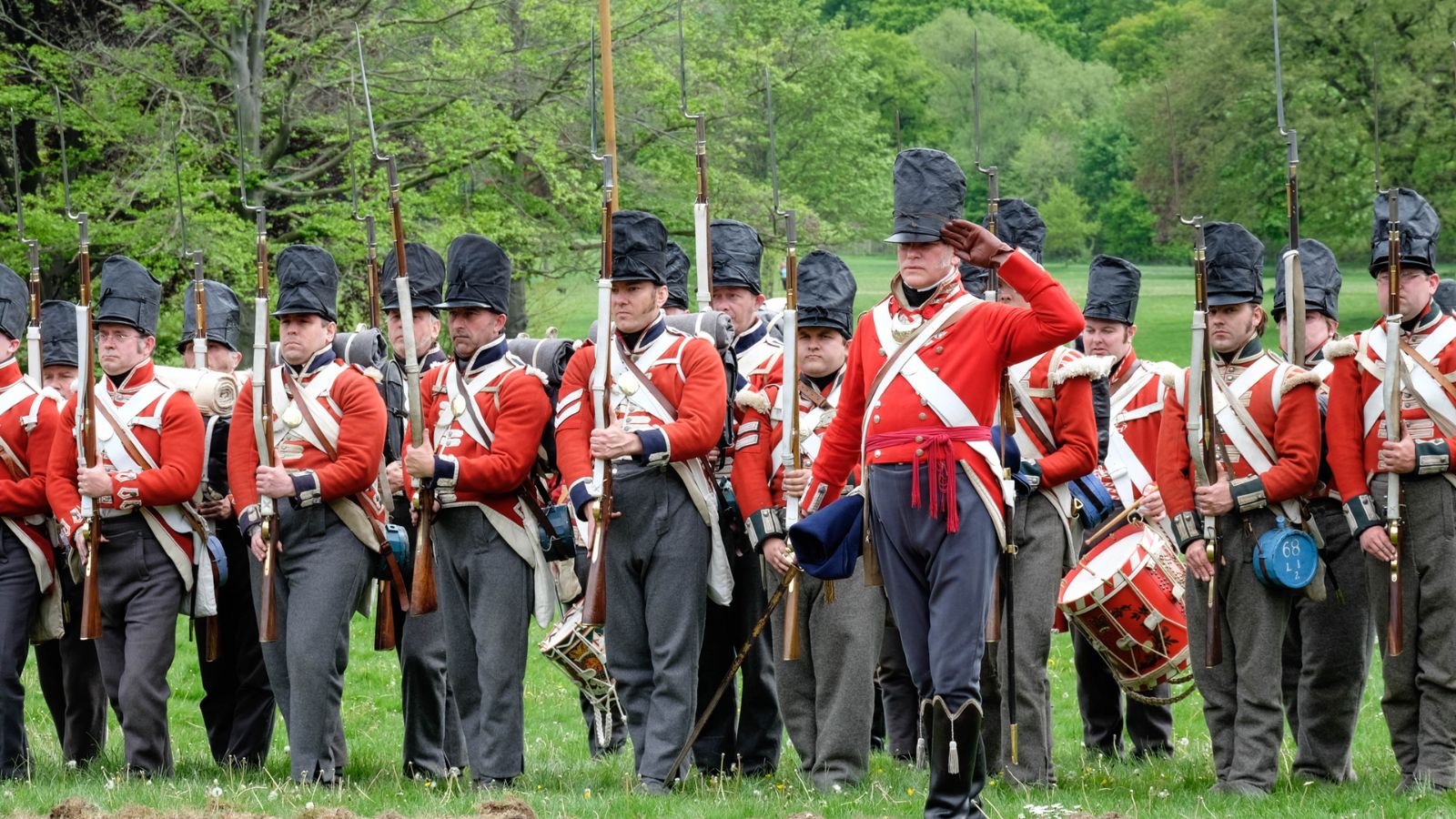
Patriotism and a love of country have been sources of pride for many Britons. Yet, national pride is increasingly being questioned, with some viewing it as outdated or even problematic, and the emphasis on global citizenship and the criticism of historical national actions can sometimes overshadow the positive aspects of national identity.
Intellectual Freedom

Intellectual freedom allows for the open exchange of ideas and the pursuit of knowledge without restriction, and these days, academic and intellectual spaces are increasingly influenced by ideological conformity. This can stifle debate and discourage the exploration of diverse viewpoints.
Manners and Politeness

Quintessentially British traits that help facilitate respectful and smooth social interactions, good manners and politeness can be seen as less important now within a society that increasingly values bluntness and directness. The loss of politeness and courteous behaviour can lead to more abrasive and less harmonious interactions.
Stiff Upper Lip

The ‘stiff upper lip’ mentality, representing emotional resilience and stoicism, has been a defining feature of British character. Today, there’s a greater emphasis on expressing emotions and discussing mental health openly, and while this has many benefits, some feel that the traditional value of maintaining composure and resilience is being undermined.
Civic Duty

Vital for a functioning society, civic duty—the sense of responsibility towards one’s community and country—seems to be on the decline, with more people focusing on personal rights over communal responsibilities. This shift can weaken the collective effort needed to address societal issues and maintain public services.
Respect for the Elderly

Respecting the elderly and valuing their wisdom is a long-standing British tradition. However, the focus on youth culture and the rapid pace of technological change can sometimes marginalise older generations, which can lead to a lack of appreciation for the experiences and insights that older people bring.
Modesty

Modesty, in both behaviour and appearance, has traditionally been seen as a virtue, but nowadays there’s a growing emphasis on self-promotion and displaying one’s achievements and opinions prominently. This cultural shift can make modesty seem outdated and undervalued, as louder, more assertive voices dominate the public sphere.
Punctuality

Reflecting the respect for others’ time, punctuality is a mark of reliability and professionalism, yet with flexibility and spontaneity increasingly valued, punctuality can sometimes be neglected. This change can lead to frustration and inefficiency, as the traditional expectation of being on time becomes less consistent.
Pragmatism

Our last British value is pragmatism, or dealing with things sensibly and realistically, which has always been a key British trait, yet currently, pragmatic solutions are often overlooked in favour of more idealistic or radical approaches. This can lead to less effective problem-solving, as practical, tested methods are dismissed.

